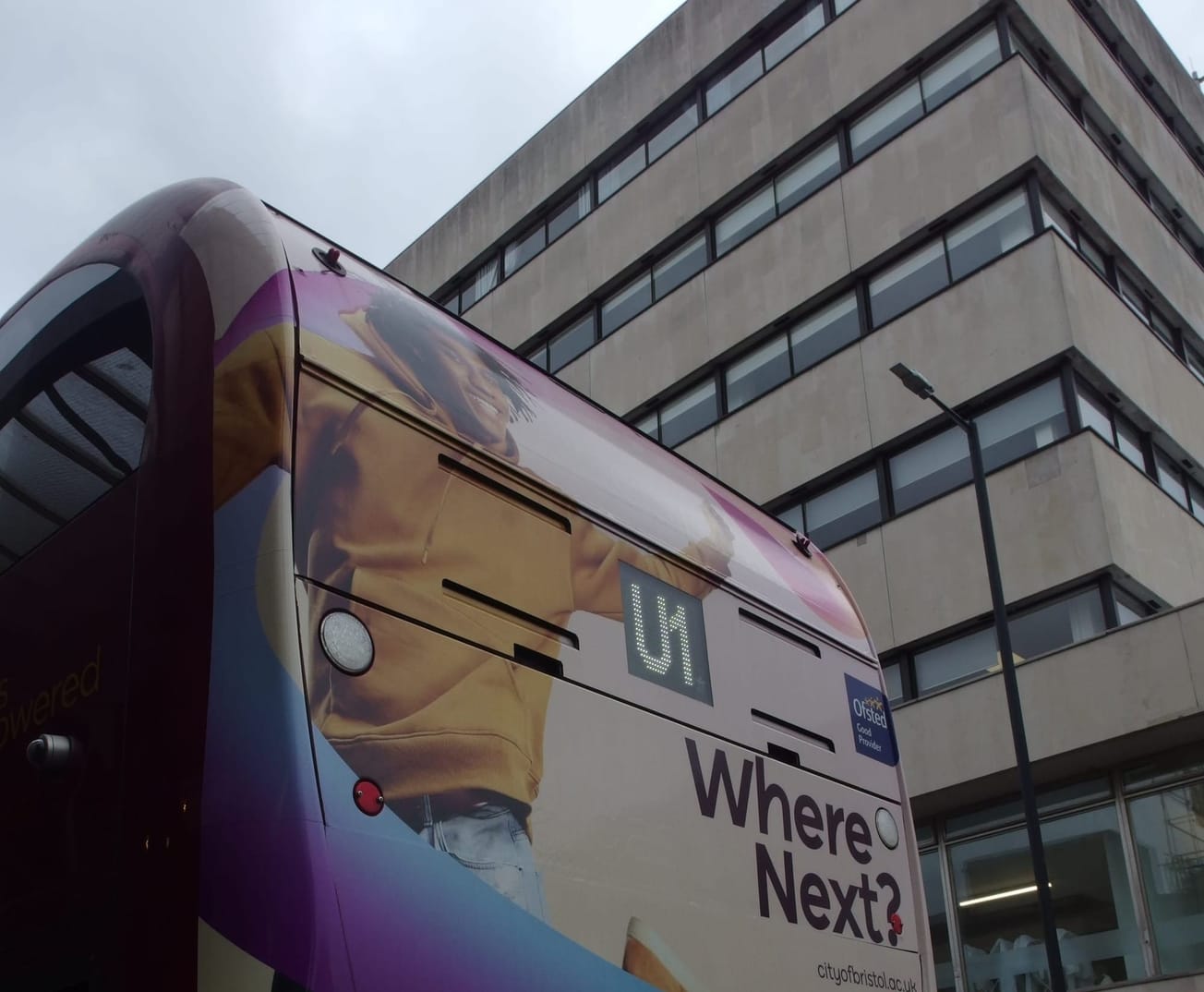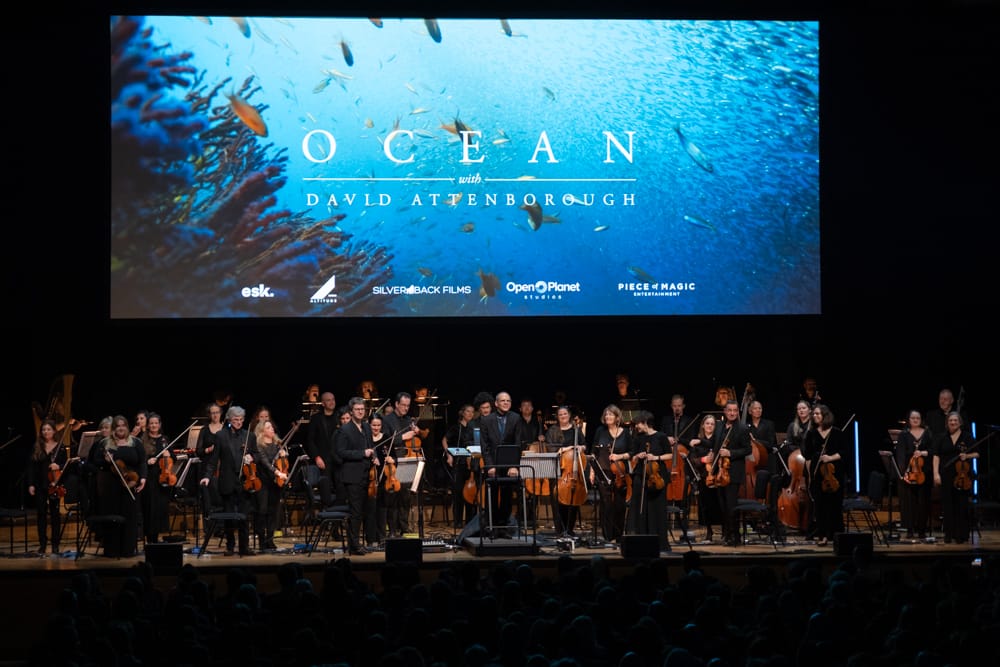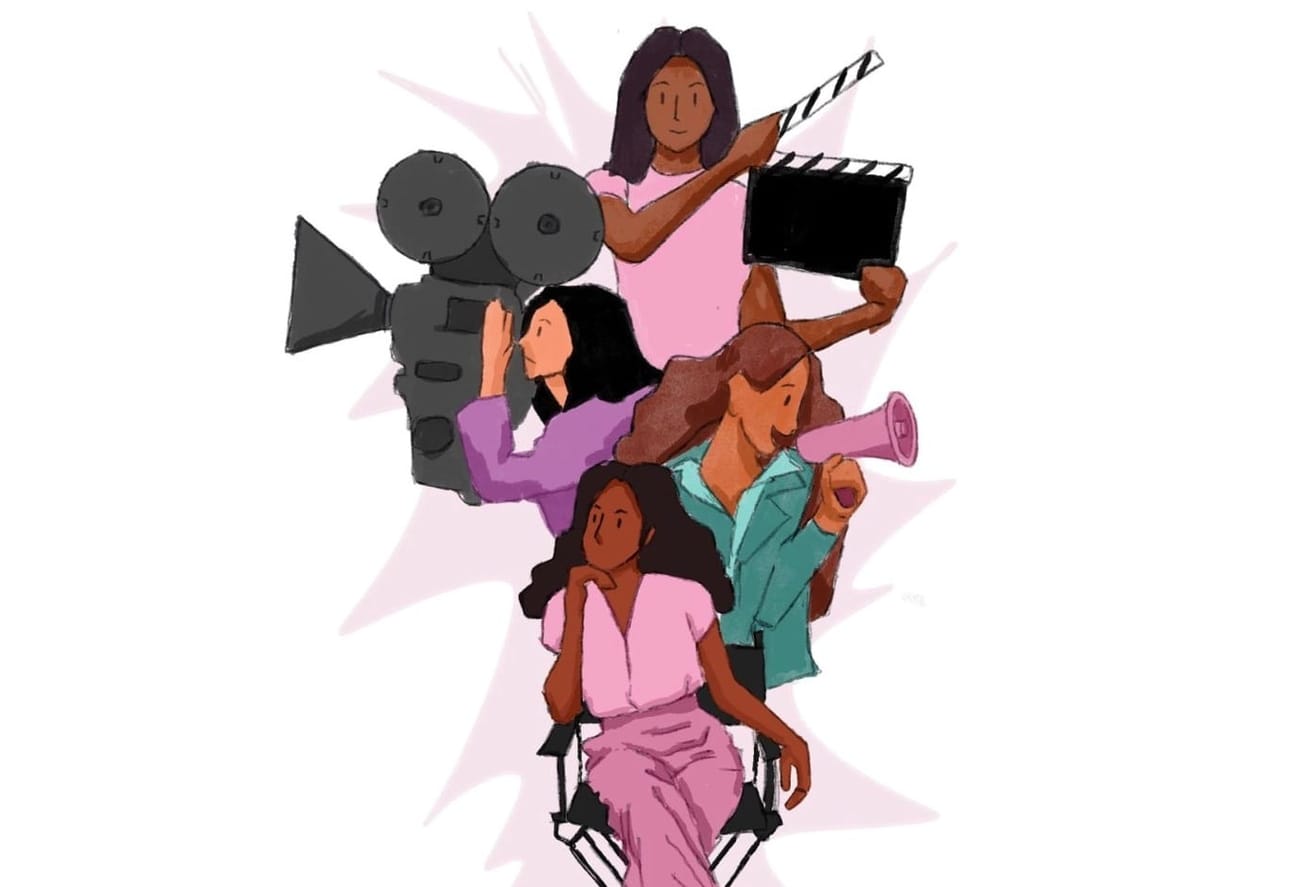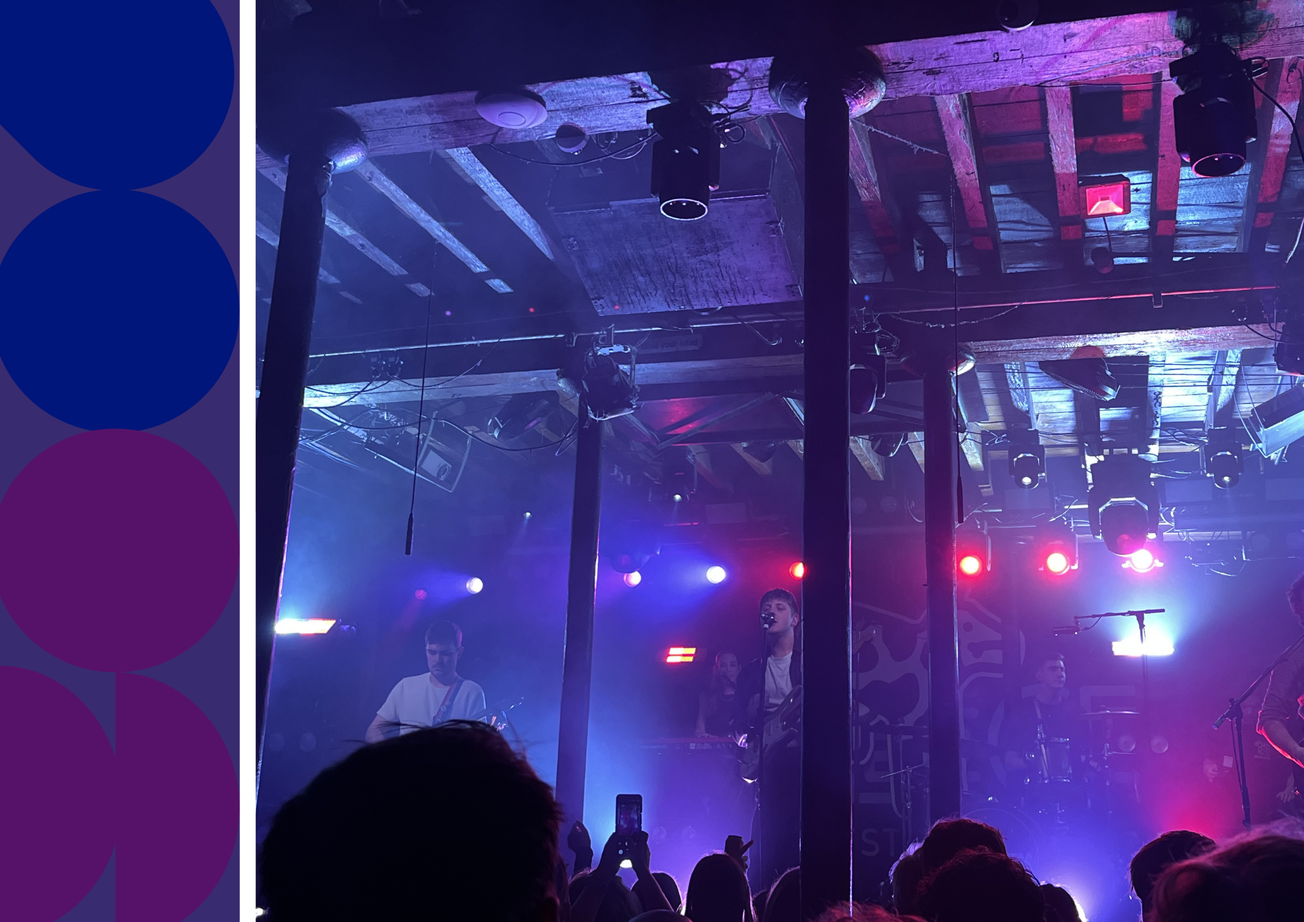By Edward Wallace, First Year, Politics and Social Policy
Artificial Intelligence (AI) is not a new concept—its foundations were laid decades ago—but the way it is being deployed today, with unprecedented levels of sophistication and integration across industries, marks a transformative shift. From automating mundane tasks to powering complex decision-making systems, AI’s capabilities are reshaping the modern workforce. For students and graduates, these advancements are redefining career opportunities, demanding new skill sets, and raising critical questions about the future of work. Is Artificial Intelligence a revolutionary force driving progress and opportunity in the workforce, or a disruptive power, widening inequalities and favouring only a select few?
AI is revolutionising modern businesses in ways once thought impossible, from streamlining operations to transforming recruitment practices. Nearly 50 percent of companies have reviewed their selection processes, using AI tools to identify talent beyond traditional metrics like CVs and academic records. This raises important questions for students and graduates: are degrees still the defining factor for career success, or is the value of a degree diminishing in an AI-driven job market?
In fact, many employers are now lowering minimum qualification requirements, shifting their focus from academic performance to broader skills like adaptability, creativity, and problem-solving. For today’s graduates, this signals a need to look beyond grades and build the capabilities employers are prioritising. But for those investing in higher education, it begs the question: how much is a university degree worth in a world increasingly valuing real-world experience and versatile skills?
The next generation entering the workforce, Gen Z, is already at the heart of this AI-driven transformation. A recent survey shows that 47 percent of Gen Zs are excited about AI in the workplace, seeing it as a tool for efficiency and innovation. However, with the promise of career growth comes uncertainty for others, as the future of work balances opportunity and disruption.
As AI continues to evolve, graduates face a pivotal challenge: leveraging their education to complement the skills AI cannot replace. In a world where technology is redefining the job market, the true value of a degree may no longer lie in the classroom alone but in how well students adapt to this rapidly changing landscape.
In today’s rapidly evolving world, students must look beyond their coursework and actively enhance their skill sets—because soon, a degree alone may not cut it. Technical expertise in areas like coding, data analysis, and AI literacy are quickly becoming the gold standard in a job market shaped by technological advancement. The shifting landscape is also creating a stark divide in the value of certain degrees, reflected clearly in wage disparities.
For instance, graduates in Creative Arts and Design start with an average starting salary of £21,000, while their counterparts in Engineering and Computer Science earn nearly 30 percent more. Why the gap? AI is now automating roles traditionally filled by creative arts graduates, such as graphic design, content creation, and even music composition. Tools like AI-driven graphic generators and automated video editing software are becoming the norm, reducing demand for entry-level creative roles.
In contrast, fields like Computer Science and Engineering are thriving, as these graduates are the architects of the very AI systems reshaping the workforce. The message is clear: to remain competitive, students must adapt to the demands of an AI-driven job market by developing technical and transferable skills that machines can’t replace.
In addition to technical skills, soft skills are becoming increasingly essential in an AI-driven world. While AI can process data and automate tasks at unprecedented speeds, it cannot replicate human qualities such as emotional intelligence, critical thinking, and creativity. Employers are recognising this gap, with 92 percent of hiring managers identifying soft skills as equally or more important than technical skills. For students, this means honing interpersonal abilities, adaptability, and problem-solving to stand out in a workforce increasingly shared with intelligent machines. Graduates who can complement AI capabilities with human-centric skills will have the edge, particularly in leadership roles and collaborative environments where empathy and communication are key.
This shift also raises questions about how universities are preparing students for the changing job market. Are traditional degrees doing enough to instil the combination of technical and soft skills needed in the AI era? While courses in Engineering and Computer Science provide a strong foundation for navigating this transformation, other disciplines must adapt by integrating tech-focused modules and emphasising transferable skills. The key is balance: blending specialised knowledge with the ability to pivot across industries and roles.
As AI continues to redefine career paths, the question isn’t whether students should adapt, but how quickly they can. Will graduates see AI as a partner, enhancing their potential, or as a competitor, threatening their future? The answer may ultimately determine whether they thrive in this new landscape—or risk being left behind.









